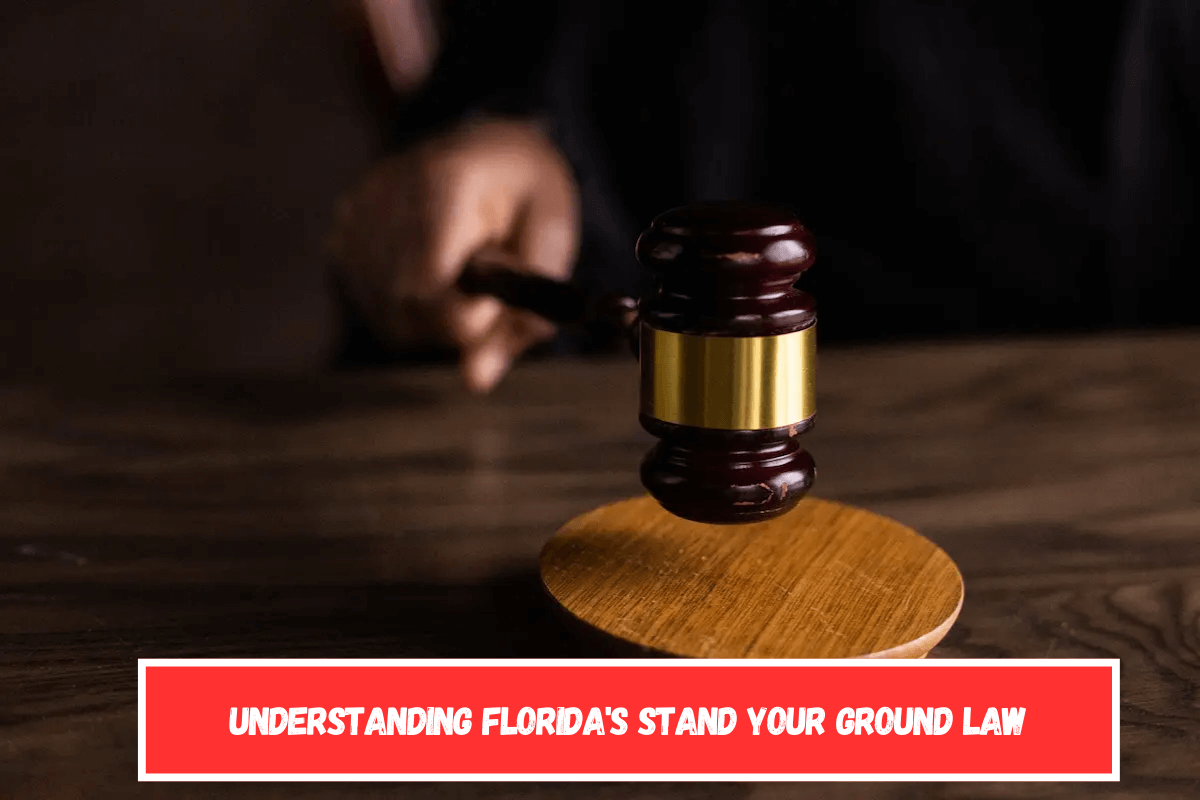Florida’s Stand Your Ground law, enacted in 2005, significantly reshaped the state’s self-defense legislation by allowing individuals to use deadly force without the obligation to retreat when they perceive an imminent threat. Here’s a comprehensive overview of the law, its implications, and its recent developments.
Key Provisions of the Stand Your Ground Law
No Duty to Retreat
Under Florida Statutes 776.012 and 776.013, individuals have no duty to retreat before using deadly force if they are in a place where they have a legal right to be and reasonably believe that such force is necessary to prevent imminent death or great bodily harm.
This principle applies not only in homes (as established by the Castle Doctrine) but also in public spaces.
Immunity from Prosecution
The law provides immunity from criminal prosecution and civil action for individuals who successfully demonstrate that their use of deadly force was justified under the Stand Your Ground provisions. This means that if a person uses deadly force in self-defense and meets the legal criteria, they cannot be prosecuted for their actions.
Reasonable Belief Requirement
To invoke the Stand Your Ground defense, individuals must show that their belief in the necessity of using deadly force was reasonable given the circumstances. This includes:
- Being in a location where they have a legal right to be.
- Not engaging in unlawful activity at the time of the incident.
- Facing an imminent threat of death or serious bodily harm.
Changes and Legal Implications
In 2017, significant amendments were made to Florida’s Stand Your Ground law, shifting the burden of proof from the defendant to the prosecution.
Previously, defendants had to prove that their actions were justified; now, prosecutors must demonstrate that the use of force was unlawful. This change has raised concerns about its potential impact on violent crime convictions and public safety.
Burden of Proof
The shift in burden of proof means that if a person claims self-defense under Stand Your Ground, they do not have to prove their justification; instead, it is up to the prosecution to prove that their actions were not justified. This change has been controversial and has prompted discussions about accountability and public safety.
Criticism and Controversy
Florida’s Stand Your Ground law has faced criticism for its association with increased homicide rates and racial disparities in legal outcomes. Critics argue that it may encourage violent confrontations rather than de-escalation.
The law’s implications have led to calls for reform, with advocates urging lawmakers to reconsider its effects on community safety and justice.
Conclusion
Florida’s Stand Your Ground law represents a significant evolution in self-defense legislation, providing broad protections for individuals facing perceived threats.
However, it also raises complex legal questions and societal concerns regarding violence and accountability. As discussions about potential reforms continue, understanding this law’s intricacies remains essential for residents and legal practitioners alike.
For those involved in self-defense situations, consulting with legal professionals can provide clarity on how these laws apply in specific circumstances.
Sources
- https://www.meltzerandbell.com/news/navigating-your-rights-under-the-stand-your-ground-law/
- https://www.pallegarlawfirm.com/articles/changes-to-floridas-stand-your-ground-law/
- https://www.thedensonfirm.com/criminal-defense/stand-your-ground-law-in-florida-explained/
- https://en.wikipedia.org/wiki/Stand-your-ground_law
